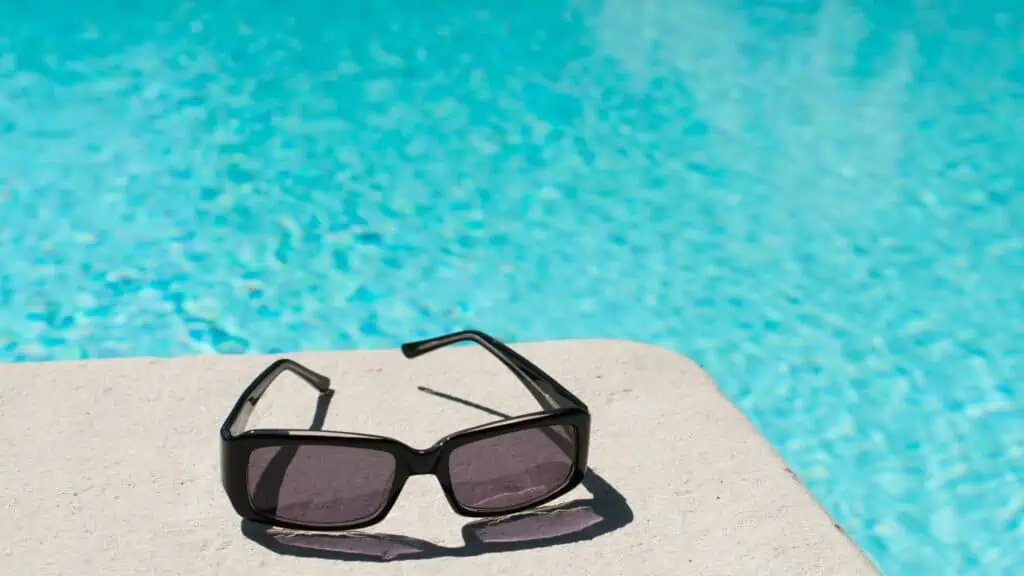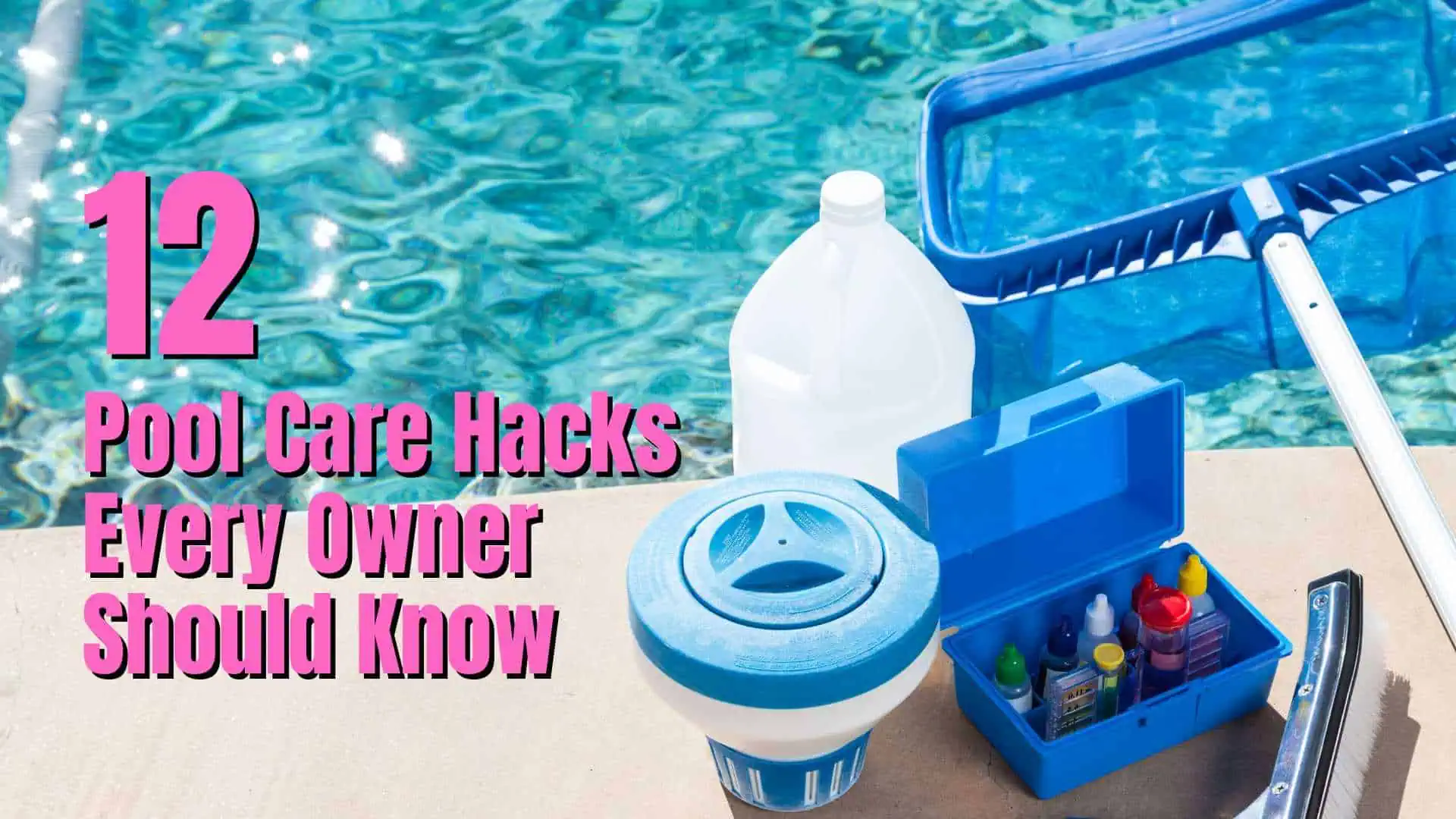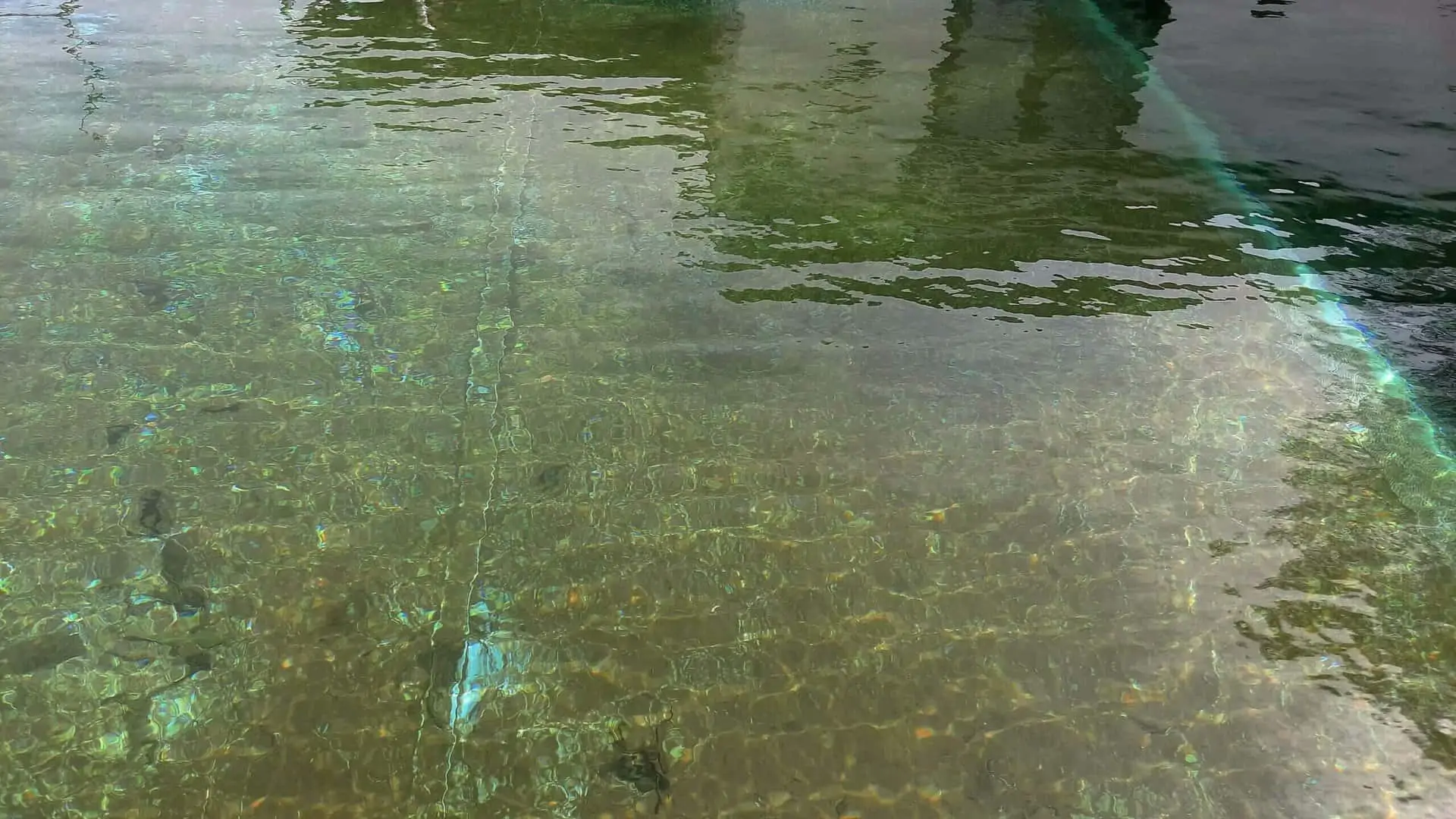Designing a pool and choosing its systems can be a big challenge when you own a house and decide to have a pool built. One of the things you will need to decide is whether to have a salt water pool or use chlorine. These are some of the benefits of salt water pools over chlorine pools.
The benefits of a saltwater pool are that generally, they are easier to maintain, provide softer water, are gentler on the skin, cost less after the initial investment and the chemicals are safer to store than with chlorinated pools.
To understand how each of these affects your pool’s overall effect and enjoyment, you will need to become aware of the nuances of the pool. Looking at all the pros and cons of a salt water pool is essential and will allow you to choose the pool of your dreams comfortably.

Advantages of salt water pools
One current advantage of having a saltwater pool is that at the moment there seems to be a worldwide shortage of chlorine. That doesn’t worry saltwater pool owners who don’t use it. Hopefully, for the sake of chlorine pool owners, this will only be a short-term benefit though.
Saltwater pools are popular and have become more popular with the recent chlorine shortages. They are well-loved for many reasons, as many people have learned that they can be easier to maintain and more fun.
A chlorinated pool can have a few severe disadvantages that have made them increasingly unpopular with long-term pool owners however a saltwater pool can have many clear advantages.
Here are just six of the most common and beneficial benefits that salt water swimming pools have over traditional chlorine pools.
1. Gentler on skin
Salt water is generally a lot softer on the skin than the water in a traditional chlorinated pool, as the water does not have a broad mixture of chemicals that can harm your skin. This is why after a day at the beach, you need a quick freshwater shower to get the salt off your skin, allowing your skin to relax.
Saltwater pools only have salt and water in them; while the salt may not be the best for your hair or skin, it does little to no damage compared to chlorine pools. If the salt in the water is at the proper levels, you may find that it helps rejuvenate your skin a little, making it feel softer.
2. Safer to swim in
This is still up for some debate, but it is a known fact that you float easier in salt water, making it a lot easier to swim in a saltwater pool. This is why you can usually float a lot easier when swimming in a saltwater swimming pool, making them safer to have in general.
2. Softer water
When jumping into a pool of freshly chlorinated water, you will notice that it can be pretty painful; this is because the water is hard. Meaning that it is physically a bit harder than normal water that you may encounter when swimming in a lake or the ocean, with tap water being the hardest.
Saltwater swimming pools are very rarely hard, with the surface tension of the pool being relatively soft and a lot easier to jump into. When you have a saltwater pool, the water is almost always soft, and when it does turn hard, it may be a sign that there is a chemical imbalance.
4. Less total maintenance
While the maintenance is more complicated, much less of it is required, with most saltwater pools being happy year-round with a new bag of salt each month. The salt-chlorinator (chlorine generator) will automatically convert salt into chlorine as well as measure and keep the pool water clean and clear, even when you aren’t there.
This allows owners of saltwater pools to empty a bag of salt into the pool, and have the pool cleaner running while going off on vacation. This is one of the biggest plus sides of owning a saltwater pool as the maintenance does not require chemicals or balancing.
Also read: Easy Guide to Salt Water Pool Maintenance
Pool diagram for Hayward AquaTrol Salt Chlorination System:
5. No chlorine smell
When you have a saltwater pool, the air almost always smells like you are near the ocean as the air is always mixed with the pleasant smell of salt. A saltwater pool will always smell like this and never have any strong chemical odors that you would not enjoy floating throughout your home each week.
Chlorinated pools have a very distinct smell that almost anyone that loves pools will be aware of, with most pool owners coming to hate the smell as they are always near it. However, saltwater pools will either smell like salt or have almost no smell at all as the salt in the water dissipates.
6. Chemicals safe to store
A conscientious chlorinated pool owner has a lock and key on the shed where he keeps his chemicals, making sure that nothing is ever leaking or spilling. Saltwater pool owners usually only have to find enough space to store the bags of salt, not relying on most of the other chemicals needed.
This makes the chemicals needed to keep your saltwater pool always blue and running much more safe to store, as it is truly little that can go wrong. Further, you won’t have to stress about your children accidentally getting to the chemicals or causing a big problem as they do with the salt.
Pool Care Handbook and Video Course
When I bought my house with a swimming pool, I knew absolutely nothing about pool care. I just winged it for a while, making many mistakes along the way.
Fortunately, I was recommended Swim University’s Pool Care Handbook and Video Course. I bought it and it was an absolute game-changer.
It was the best money I spent that year. I learned everything from basic cleaning to advanced troubleshooting. Swim University offers a no-quibble refund policy too so what do you have to lose?
Do salt water pools taste salty?

Many people understandably believe that the water in a salt water pool will taste much like sea water. That is perhaps because they associate them with the seawater pools that exist in some coastal areas but these are actually pools filled with sea water.
Fortunately, the water in a salt water pool does not actually taste salty.
This is because the amount of salt in a properly maintained salt water pool is not high enough for human taste buds to detect.
The amount of salt in seawater is approximately 10 times higher than that of salt water pool water. 35,000 parts per million in salt water and a normal maximum of 3,000 parts per million in a salt water pool.
Where are salt water pools the best?
Saltwater swimming pools can be sited anywhere; however, we recommend that if you have a spot that is in the sun, a lot to go with saltwater pools. Traditional chlorinated pools will need a lot more maintenance if they are in the sun the whole day, as the sun breaks down the chlorine that is added to the pool.
This is why vacation resorts that do not have saltwater pools usually have to add a whole bucket of chlorine each night to kill all the germs and refresh the chlorine levels. Saltwater swimming pools in the sun the whole day will use more salt but only requires that you add more salt each month.
We recommend that you seriously look into this when you know your pool will spend most of its life in the sun, as the saltwater automatically kills most of the things that would cause a problem. Chlorine pools are not always the best answer when you know the sun is your main enemy.
Do saltwater pools get algae?
Yes, saltwater pools can quickly get algae, especially if there is not enough salt added to the pool each month. The algae will have to have entered your pool through spores, and the chemicals in the pool will need to be unbalanced for this to happen, which is a sign of more danger to come.
The perception that saltwater pools never get algae comes from the inherent self-regulation that the salt-chlorinator provides, constantly adding chlorine. As chlorine is the primary way algae is killed in a pool, the algae can start to grow and overtake the pool when the process begins to break down.
Further, as the chlorine levels in saltwater pools are lower, the algae grow faster than in regular chlorine pools. This is why you can go to bed at night with a nice blue pool and wake up the following day with a green saltwater pool, requiring a week of cleaning to fix.
Why are saltwater pools better?
The combined lower maintenance reduced skin irritation and the overall stability of a well-maintained saltwater pool have improved overall since the first pools. The pools offer a lot more flexibility and enjoyment than their chlorinated cousins.
As you learn more about pool care and maintenance, you would be surprised to learn just how much work to keep a normal chlorine pool sparkling. Many of the pools you can find in the world are chlorine pools simply because they are cheaper to install but will become more expensive over time.
Saltwater swimming pools are loved by anyone who has had to take care of a pool for any length of time, with most homeowners who have bought a house with a normal pool doing a conversion. When looking for quality of life and overall enjoyment of the pool, saltwater pools are better.
Conclusion
Your saltwater pool may seem like a lot of work when you first get it; however, they offer several benefits over other pools.
Having a pool that can balance itself, with newer pools even having stored chemicals to be added as needed, makes summertime fun true bliss.
You should, however, always ensure that you are using suitable salt; salt for pools is not the same salt that is used on your table!

I have had hot tubs for over 20 years and a pool for the last 10 years. I had to learn how to clean, maintain and fix them the hard way. Since then I have helped many friends and neighbors with their pools and now I want to share everything I have learned with you. About Me





